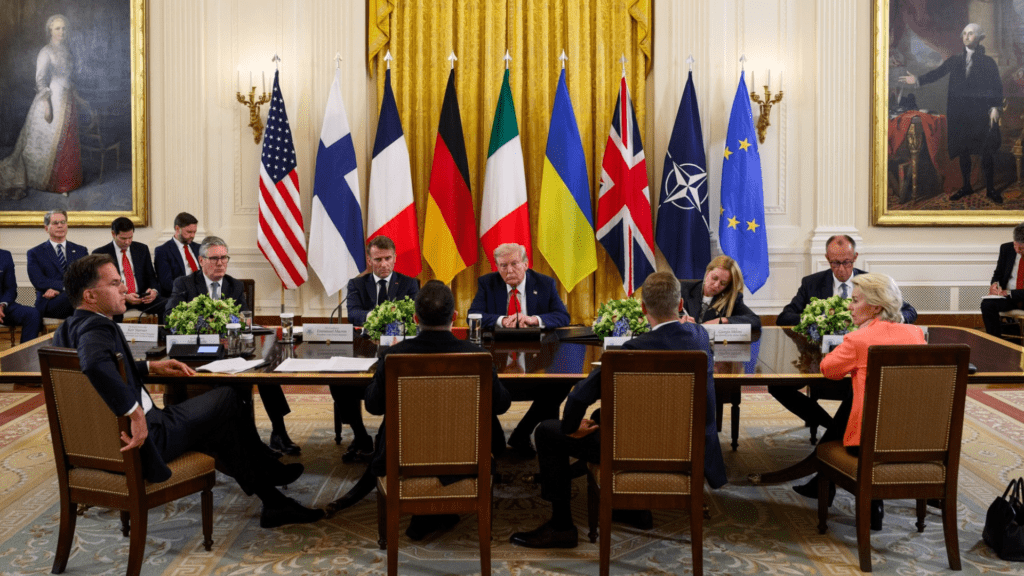The lack of Polish presence at key meetings in Washington, admittedly a missed opportunity, could become less of a problem and more of a fortunate coincidence. Warsaw avoids normalising Russian imperialism and retains leeway in future military commitments – while the transatlantic alliance agrees on a major arms deal.
In an era when the global chessboard trembles under the weight of Russian aggression, and the United States, under Donald Trump’s leadership, is returning to transactional diplomacy, the absence of representatives of Poland and other Central European countries from key meetings in Washington may seem like a strategic faux pas.
Yet, analysing recent events – from the controversial Trump-Putin summit in Alaska to the dramatic negotiations involving Volodymyr Zelenskyy – one could say that this absence had a silver lining. First of all, the region distances itself from the pitfalls of symbolic normalisation of Russian imperialism. Second, Central Europeans did not have to make any additional financial or military commitments beyond the help they have already provided to Ukraine. This is key at a time when they need to replenish supplies to hold NATO’s frontline.
Weekly updates with our latest articles and the editorial commentary.

